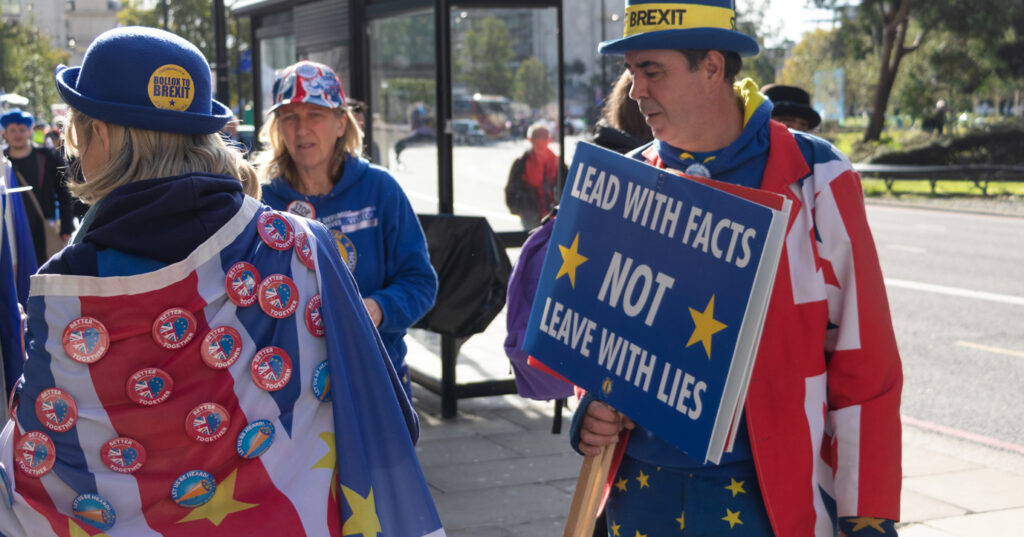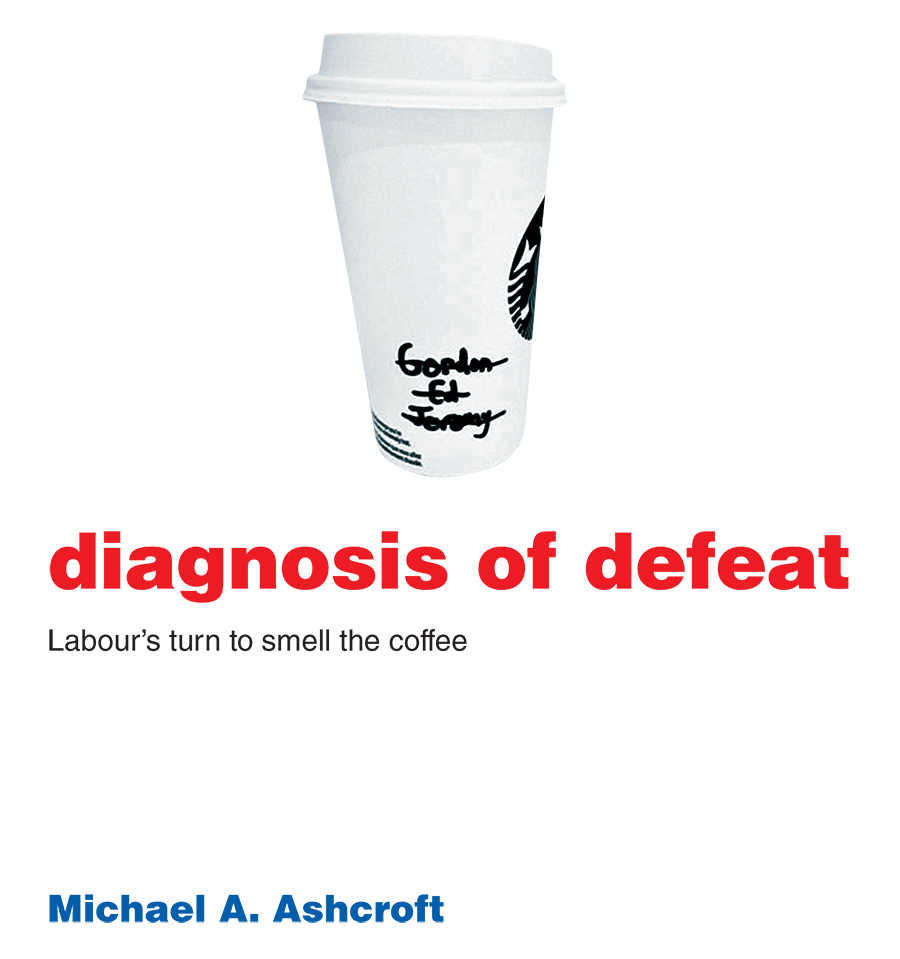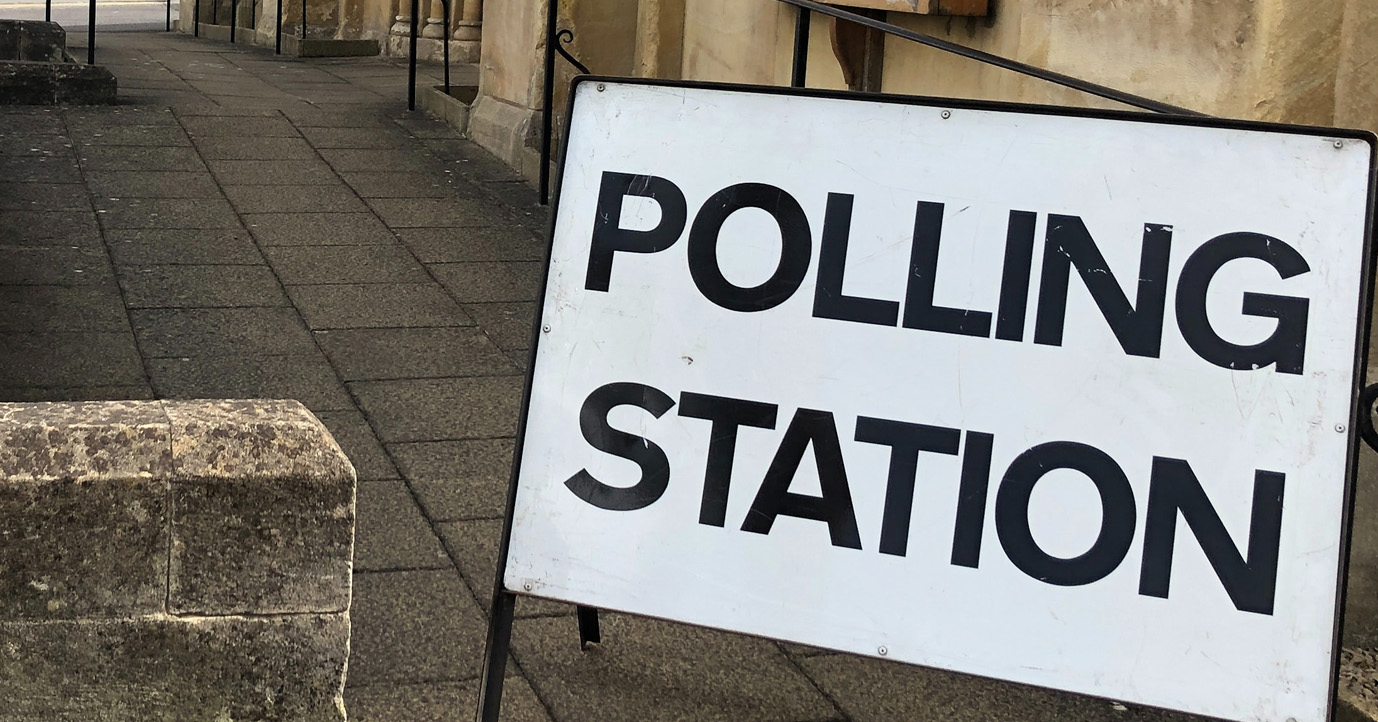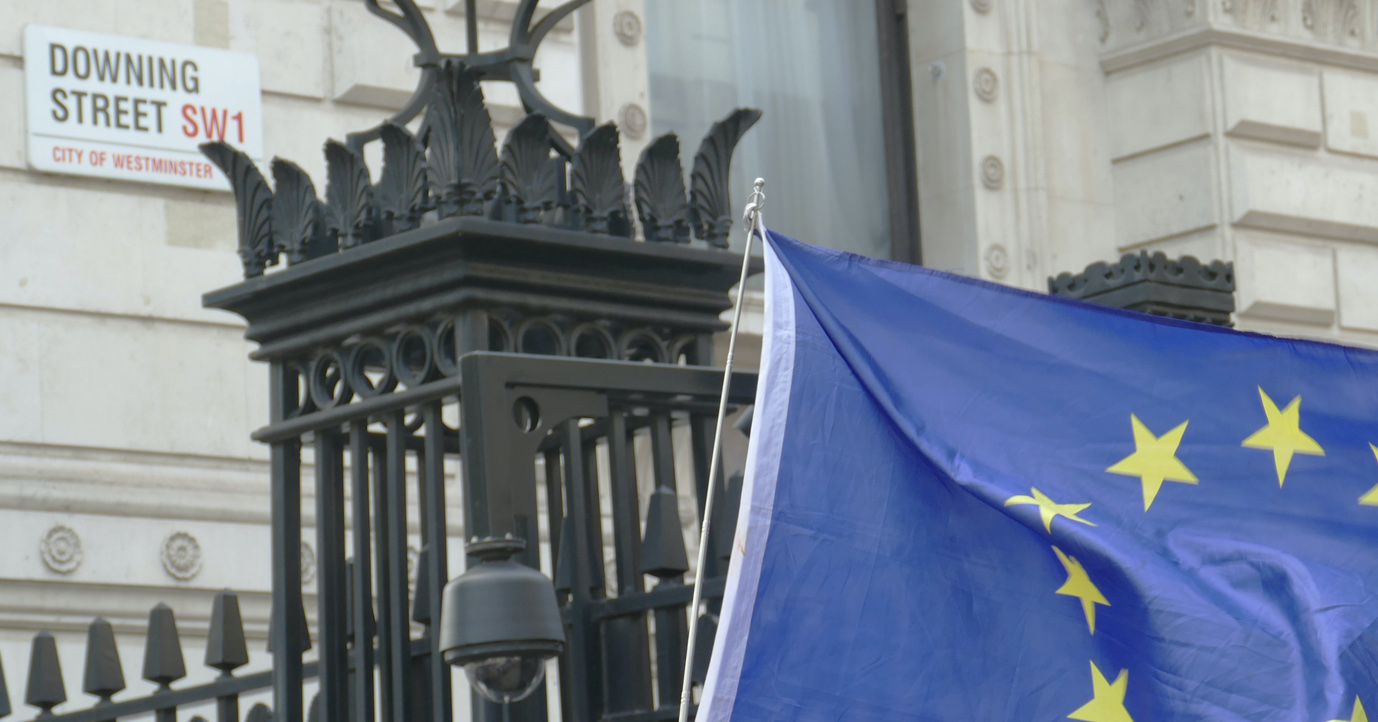
John McDonnell was first with the theory, as soon as the exit poll had stunned the nation. “Brexit dominated the election,” he said. “I think people are frustrated and want Brexit out of the way.” The theme was taken up over the hours and days that followed, culminating in the claim Labour “won the argument” and that Jeremy Corbyn’s leadership had nothing to do with the party’s worst result since 1935. Brexit alone was to blame.
Well, if this is the result you get when you win the argument, we can only imagine what losing it would look like. But what about the idea that the result can be put entirely down to Brexit, rather than the broader questions of policy and leadership that usually go into people’s voting decisions?
It would be absurd to deny that Brexit played a big part in the result. My election-day post-vote poll of 13,000 voters found the idea that a Conservative vote was most likely to lead to “the Brexit outcome I wanted” topped the list of broad explanations for Tory voters’ decisions – but only 37% mentioned it as the single most important reason, and a third of them didn’t mention it in their top three. The view that the Conservatives “would do a better job of running the economy” was close behind, as was their view that Boris Johnson would make a better Prime Minister.
But even though Brexit policy was a clear dividing line between the parties, this cannot be disentangled from Jeremy Corbyn’s leadership on the issue, or lack of it. Since the referendum, voters have found Labour’s policy muddled and unclear. Time and again, people told us in focus groups that they suspected Corbyn really wanted to leave the EU but wouldn’t say so. They understood that he was caught between his mostly Remain MPs and activists and his many Leave voters, but that didn’t make him seem any stronger or more decisive. When telling us what they understood Labour’s policy to be – usually in terms like “they will negotiate a new deal and then have another referendum and campaign against it,” if they knew it at all – they would often do so with a smirk which betrayed what they thought of it. Corbyn’s ultimate declaration that as Prime Minister he would be “neutral” on the biggest political question facing the country simply invited derision.
It is true that only 64% of 2017 Labour Leave voters stayed with the party last week (just as 66% of 2017 Conservative Remainers stayed loyal to the Tories). Certainly, Brexit was important to these people, and as we found week after week in our focus groups, many were torn over whether they could bring themselves to vote Conservative. But Corbyn made their decision to do so easier, not harder. Regularly we heard that he was an ultra-left-wing backward-looking 1970s throwback with terrorist sympathies and no fondness for Britain, who had at the very least failed to deal with antisemitism in his own party and simply did not have the qualities to be Prime Minister. Many former supporters told us they could not vote Labour in its current form, Brexit or no Brexit. Indeed, in our post-vote poll, only 14% of Conservative voters said they would have voted differently had Brexit not been on the agenda, and only a quarter of themsaid they would otherwise have voted Labour.
But even though Brexit helped some Labour Leavers away from the party, how to explain the defections among its 2017 supporters who voted Remain? Sixteen per cent of 2017 Labour Remainers declined to vote for the party last week – twice the proportion of Conservative Leavers who failed to vote Tory – despite the adoption of a policy on the supposedly overriding issue of the election which was designed to keep them on board.
Perhaps the starkest evidence of all on this question came midway through the campaign, when I asked voters what, if anything, they feared about a new Conservative or Labour government. In third place for Labour, “their plans might damage business and the economy.” Second, “they would spend too much and get Britain into more debt.” And top of the list? “Jeremy Corbyn being Prime Minister.”
We should understand why many in the Labour Party want to hold fast to the idea that Brexit alone cost them the election. After a traumatic setback, it is only human to grasp at the most comforting explanations that come to hand. It is also a regular habit of losing political parties, as we saw with Labour in 2010 and, let us not forget, with the Conservatives after 1997, who took years, not days, to grasp the reasons for their predicament. But the longer Labour clings to its consolation theory, the more distant will be the first step on the road to recovery.


